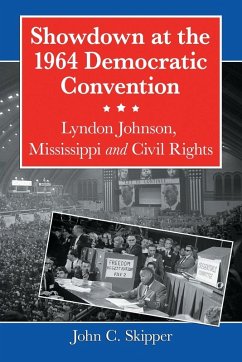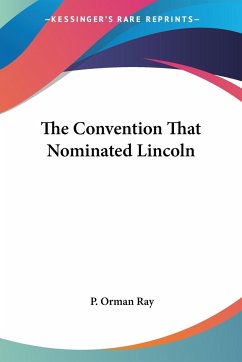In the summer of 1964, three forces converged at the Democratic National Convention in Atlantic City, New Jersey, each with the potential to shake the moorings of traditional democracy: the all-white segregationist delegation from Mississippi, a mostly black delegation determined to unseat the segregationists, and President Lyndon Johnson, who had signed the civil rights bill but wanted to avoid trouble that could jeopardize his chances of carrying the South in the November election. These groups struggled to reach a "compromise" that in the end epitomized sheer political power and its consequences. By examining the motivations of those involved, this work explores how American politics and the civil rights movement clashed at the convention, how the federal government felt compelled to spy on its own people for purely political purposes, and how this interlude changed the political landscape for generations.
Hinweis: Dieser Artikel kann nur an eine deutsche Lieferadresse ausgeliefert werden.
Hinweis: Dieser Artikel kann nur an eine deutsche Lieferadresse ausgeliefert werden.








